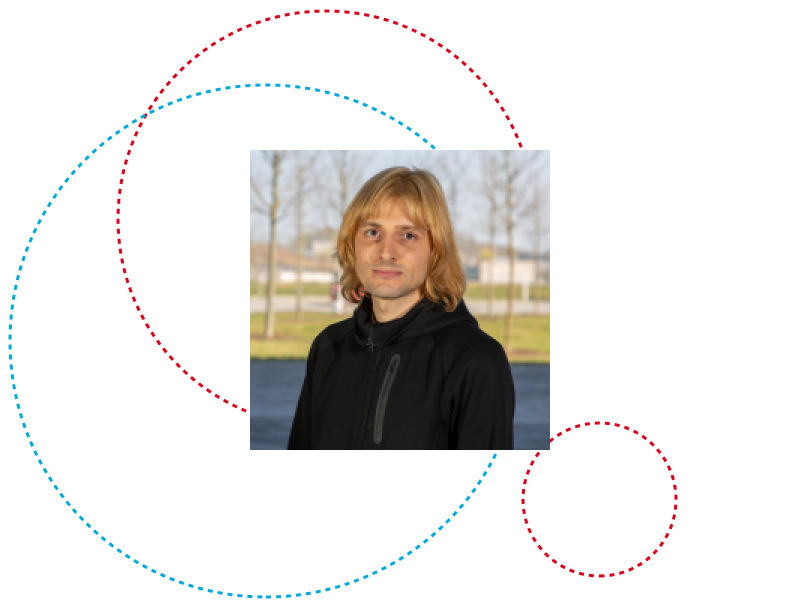You are cordially invited to attend the hybrid PhD Defence of Semen YURKOV on 15 June at 2 p.m. on Belval Campus, at MSA Room 3.160. The defence is available also online via Webex.
Members of the defense committee:
- Chair: Prof. Dr Peter Y A Ryan, University of Luxembourg
- Vice-chair: Dr Ross James Horne, University of Luxembourg
- Supervisor: Prof. Dr Sjouke Mauw, University of Luxembourg
- Member: Prof. Dr Ioana Boureanu, University of Surrey, United Kingdom
- Member: Prof. Dr Sebastian Mödersheim, Technical University of Denmark, Denmark
Abstract:
Cryptographic protocols are instructions explaining how the communication between agents should be done. Critical infrastructure sectors, such as communication networks, financial services, information technology, transportation, etc., use security protocols at their very core to establish the information exchange between the components of the system. Symbolic verification is a discipline that investigates whether a given protocol satisfies the initial requirements and delivers exactly what it intends to deliver. An immediate goal of symbolic verification is to improve the reliability of existing systems — if a protocol is vulnerable, actions must be taken asap before a malicious attacker exploits it, and a far-reaching goal — when designing a new protocol, it must be proven correct before the implementation. Properties of cryptographic protocols roughly fall into two categories. Either reachability-based, i.e. that a system can or cannot reach a state satisfying some condition, or equivalence-based, i.e. that a system is indistinguishable from the idealised system, where the desired property trivially holds. Security properties are often formulated as a reachability problem and privacy properties as an equivalence problem. While the study of security properties is relatively settled, and powerful tools like Tamarin and ProVerif, where it is possible to check reachability queries, exist, the study of privacy properties expressed as equivalence only starts gaining momentum. Tools like DeepSec, Akiss and, again, ProVerif offer only limited support when it comes to indistinguishability. This is partially due to the question of “What is an attacker capable of?” is not answered definitively in the second case. The widely-accepted default attacker, when it comes to security, is the so-called Dolev-Yao attacker, which has full control of the communication network; however, there is no default attacker who attempts to break the privacy of a protocol. The capabilities of such an attacker are reflected in the equivalence relation used to define a privacy property; hence the choice of such relation is crucial.
This dissertation justifies a particular equivalence relation called quasi-open bisimilarity which satisfies several natural requirements. It has sound and complete modal logic characterisation, meaning that any attack on privacy has a practical interpretation; it enables compositional reasoning, meaning that if a privacy property of a system automatically extends to a bigger system having the initial one as a component, and, it captures the capability of an attacker to make decisions dynamically during the execution of the protocol. We not only explain the notion of quasi-open bisimilarity, but we also employ it to study real-world protocols. The first protocol, UBDH, is an authenticated key agreement suitable for card payments, and the second protocol, UTX, is a smartcard-based payment protocol. Using quasi-open bisimilarity, we define the target privacy property of unlinkability, namely that it is impossible to link protocol sessions made with the same card and prove that it holds for UBDH and UTX. The proofs that UBDH and UTX satisfy their privacy requirements to our knowledge are the first ones that demonstrate that a privacy property of a security protocol, defined as bisimilarity equivalence, is satisfied for an unbounded number of protocol sessions. Moreover, these proofs illustrate the methodology that could be employed to study the privacy of other protocols.
